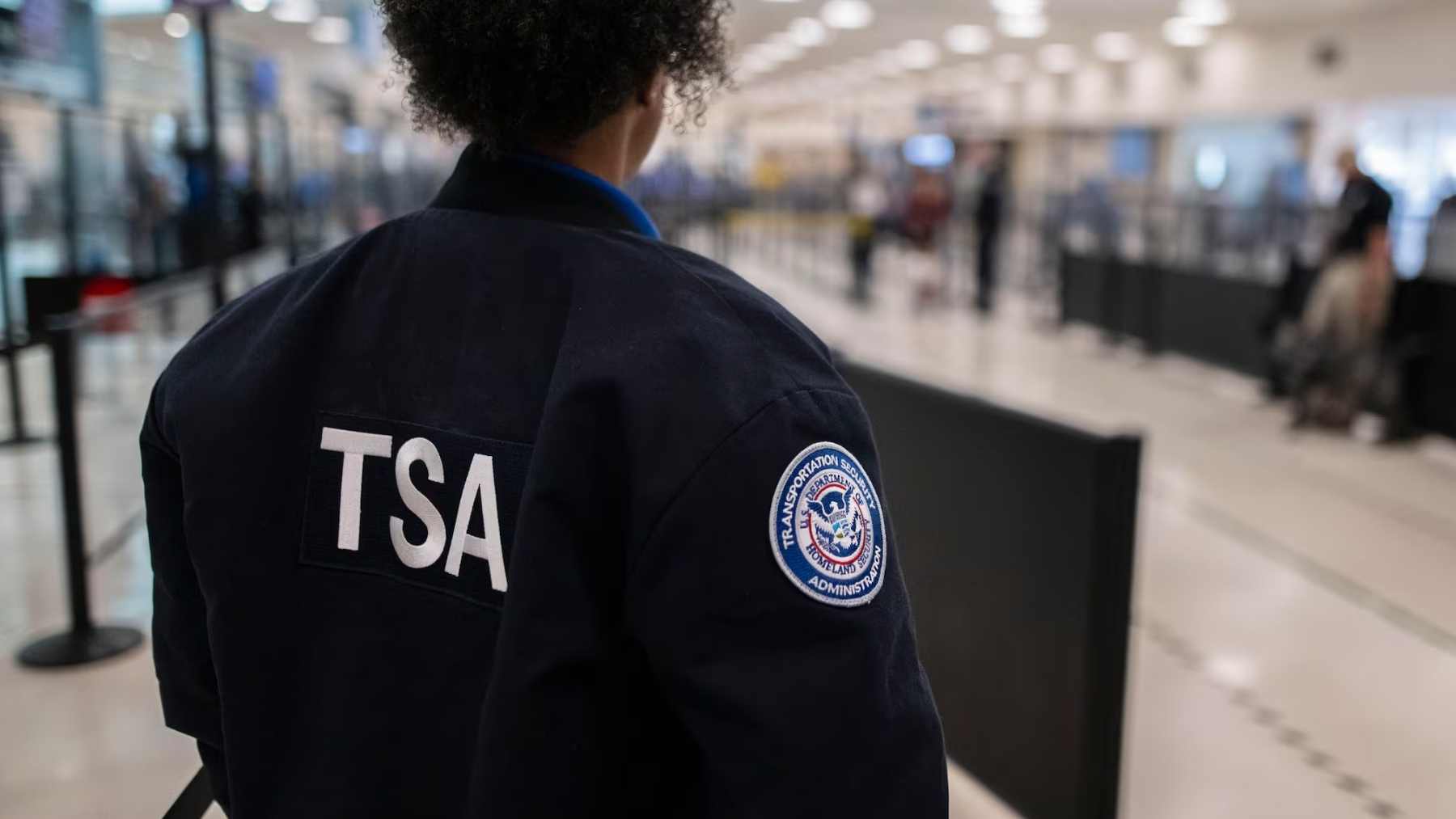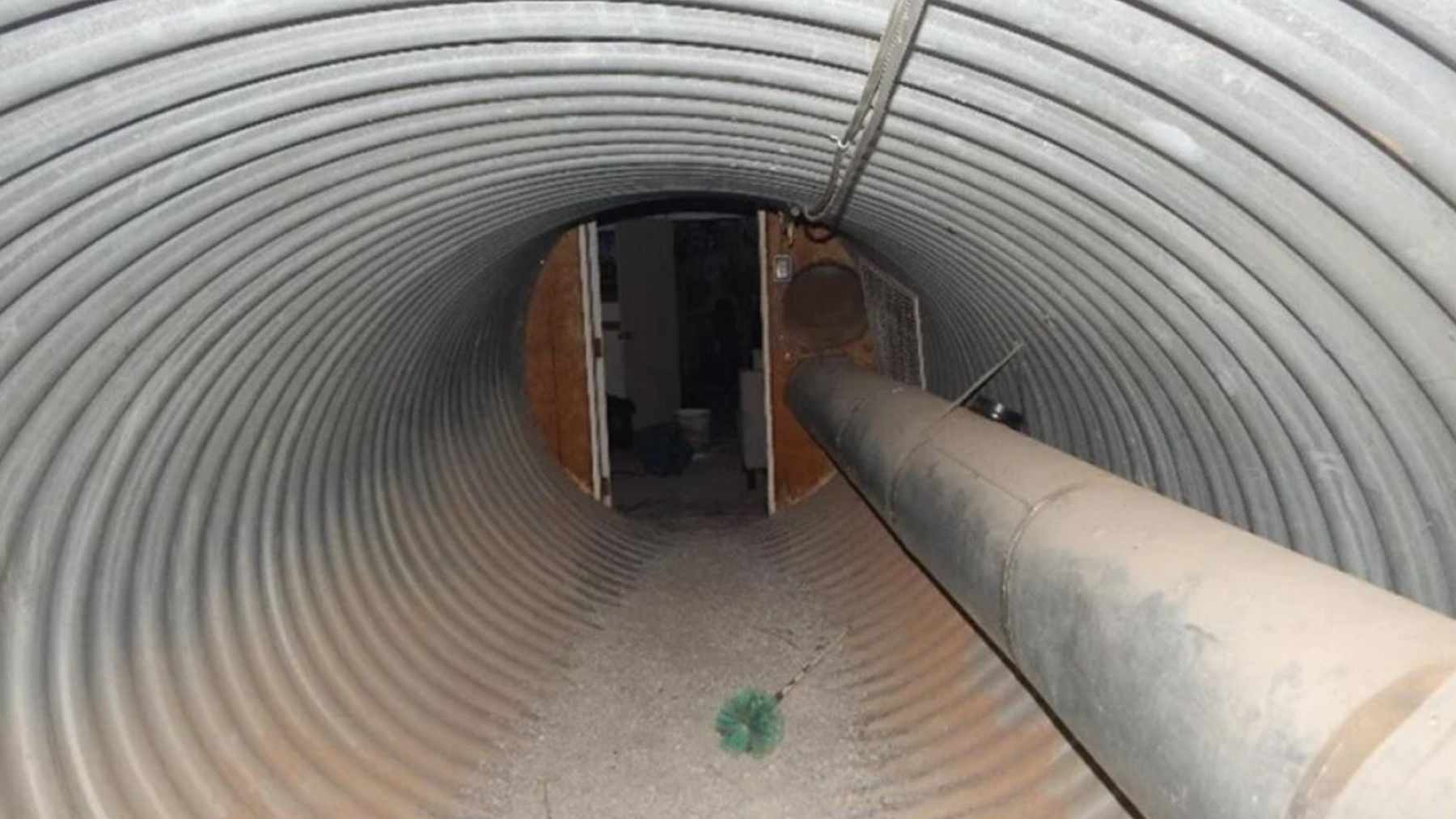The Supplemental Nutrition Assistance Program (SNAP) is a federally funded program administered at the state level for low-income families. These benefits are intended to help families cover grocery expenses to ensure that families do not go hungry. The SNAP program helped feed approximately 41 million individuals last year, making it one of the largest social programs in the USA. However, some changes could be expected this month for beneficiaries of the program.
SNAP helps feed 41 million individuals
SNAP has been a cornerstone federal program which helps to feed millions of low-income individuals, keeping them out of destitution and poverty. While SNAP is a federally funded program, the benefits are administered at a state level. This means that your benefits are paid out according to your specific state’s schedule, unlike Social Security benefits which follow a strict nationwide schedule.
To be eligible to receive SNAP benefits, the following criteria must be met:
- Gross monthly income: A household’s gross monthly income, or income before any program deductions are made, must be at or below 130 percent of the poverty level. The federal fiscal year 2025 poverty limit is $2,152 per month for a household of three
- Net Income: After deductions are made, household net income must be at or below the poverty level.
- Assets: Households must have assets of $3,000 or less if they do not have a member who is 60 years of age or older or who has a disability, and $4,500 or less if they do
Eligibility to receive SNAP this month for ABAWD
Each year, adjustments are made to the income requirements to receive SNAP benefits. For this month’s benefits, it is important to remember that these individuals have met the work requirements. These working requirements are particularly important to be met if you are an able-bodied beneficiary who does not have any dependents, otherwise known as an ABAWD dependent.
If you are an ABAWD beneficiary, you must ensure that you meet the work requirements for SNAP to continue to receive your benefits. According to the USA Food and Nutrition Services, you can meet the work requirements by doing of of the following:
- Put in a minimum of 80 hours per month. Work may be done for compensation, unpaid, as a volunteer, or in exchange for goods or services (other than cash);
- Engage in a minimum of 80 hours per month of a work program. These programs can include SNAP Employment and Training or any other federal, state, or local employment program
- Put in a minimum of 80 hours each month through a combination of job and work program hours;
- Engage in workfare for the number of hours that are allotted to you each month, which are determined by how much SNAP benefits you receive.
Exceptions to the ABAWD work requirements
If you are an ABAWD, there are some exceptions where you do not have to meet the work requirements to receive your benefits each month:
- You are unable to work due to a physical or mental limitation
- You are regnant
- You have someone under 18 in your SNAP household who needs to be supported
- You are excused from the SNAP general work requirements
- You are a veteran
- You are experiencing homelessness
- If you are age 24 or younger and are in foster care on your 18th birthday
However, if you are an ABAWD and do need to meet the ABAWD work requirements but do not meet them continuously for three months, you will no longer be eligible to receive your benefits. To reapply and start receiving them again, you must meet the requirements for 30 days before being allowed to re-register. While SNAP is intended to ensure that no one goes hungry, the work requirements are put in place to help you become financially independent and responsible beyond the program.













